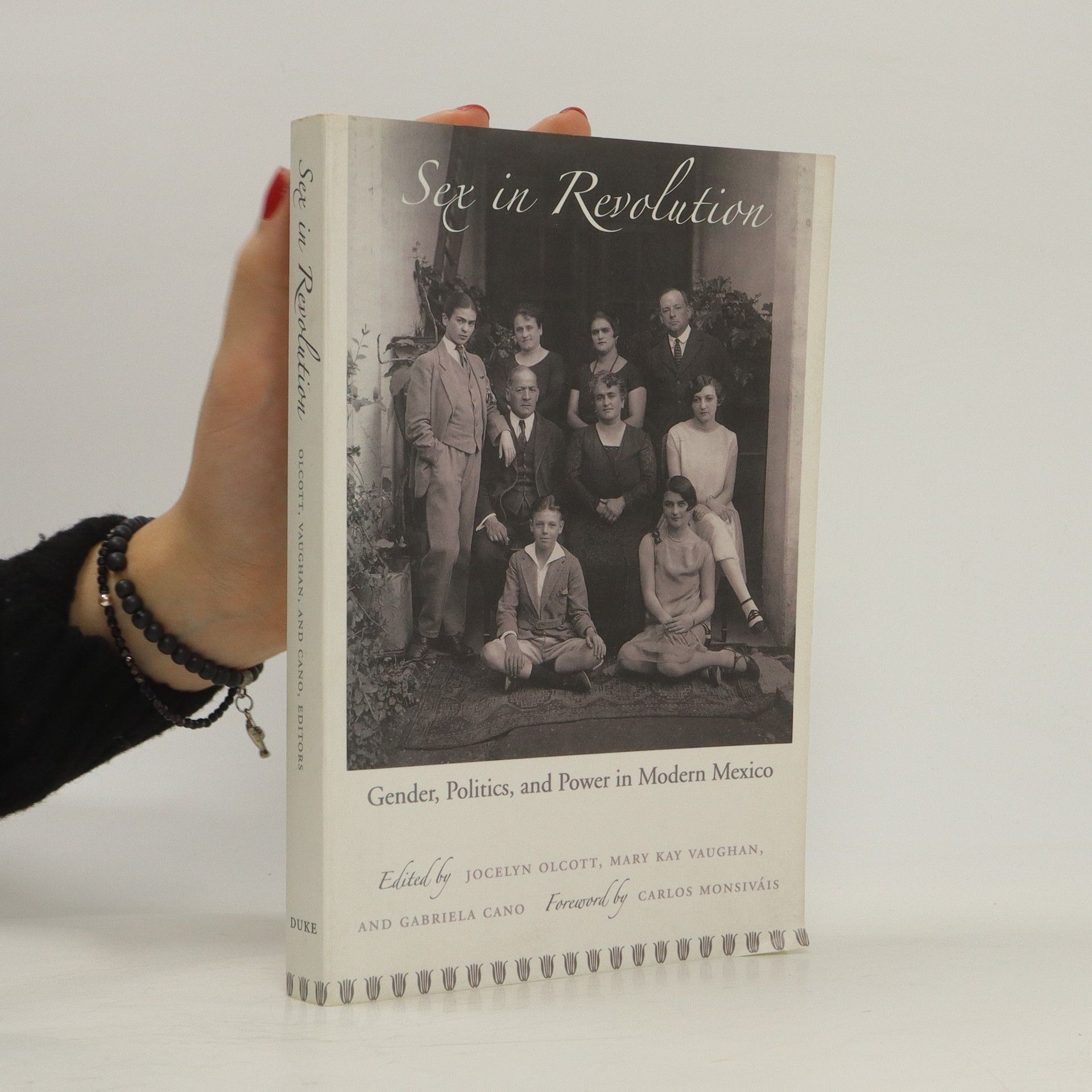Sex in Revolution
- 320 stránok
- 12 hodin čítania
A collection of histories showing how women participated in Mexican revolutionary and postrevolutionary state formation by challenging conventions of sexuality, work, family life, and religious practice.
